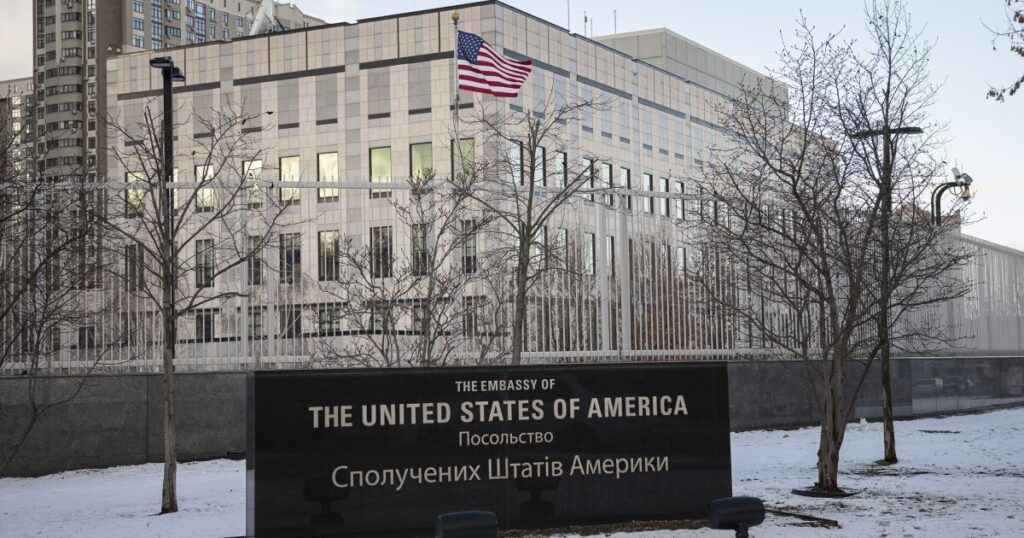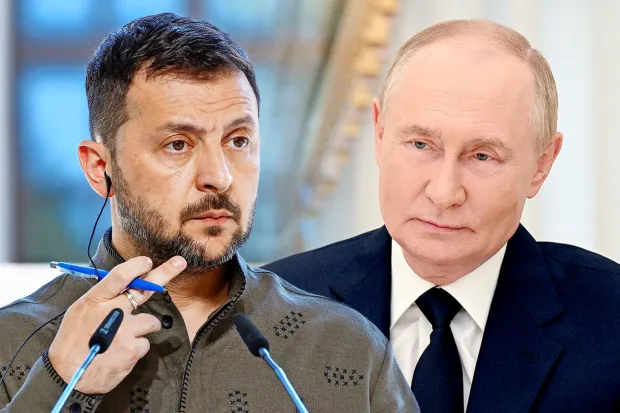The United States Embassy in Kyiv resumed operations late Wednesday after a brief closure prompted by warnings of potential Russian air strikes, occurring just one day after Ukraine deployed American missiles against targets within Russia.
“@USEmbassyKyiv has resumed services following a temporary shelter-in-place suspension earlier today,” U.S. Ambassador Bridget Brink announced on social media platform X, while maintaining cautionary advice for American citizens to remain vigilant and prepared for possible air alerts.

The diplomatic disruption came amid heightened tensions following Ukraine’s first use of U.S.-supplied ATACMS missiles against Russian territory, which Moscow characterized as a significant escalation in the 1,000-day conflict. Ukrainian military intelligence accused Russia of attempting to spread panic through fake online messages warning of imminent massive aerial attacks.
Italian and Greek embassies also suspended operations, while French diplomatic staff remained at work with increased security precautions. The U.S. embassy advised Americans to maintain emergency supplies, including water, food, and essential medications, citing persistent Russian attacks on civilian infrastructure that could disrupt basic services.
President Volodymyr Zelenskyy warned citizens to heed air raid alerts while denouncing “panic-inducing messages” as serving Russian interests. “However many brutal and treacherous attacks by Russia we have endured… it is always important to pay attention to air raid warnings,” he said in his nightly address. “We have a neighbor that is insane.”

Ukraine’s GUR military intelligence agency reported that some military personnel received messages warning of an impending attack involving over 300 drones along with naval, air, and ground-based missile systems. The agency dismissed these as psychological warfare tactics, stating, “The enemy, unable to subdue Ukrainians by force, resorts to measures of intimidation and psychological pressure on society.”
The security concerns emerged as Ukraine acknowledged a successful strike on a Russian military command post in Belgorod region, though details about the operation remained limited. Meanwhile, Russian President Vladimir Putin has lowered the threshold for nuclear weapons use in response to conventional attacks, prompting Russian intelligence chief Sergei Naryshkin to warn of retaliation against NATO countries facilitating Ukrainian long-range strikes.
The developments coincide with a new $275 million U.S. military aid package focusing on ammunition, drones, and missiles, announced as the conflict enters a critical phase with nearly one-fifth of Ukrainian territory under Russian control and North Korean troops reportedly deployed in Russia’s Kursk region.



